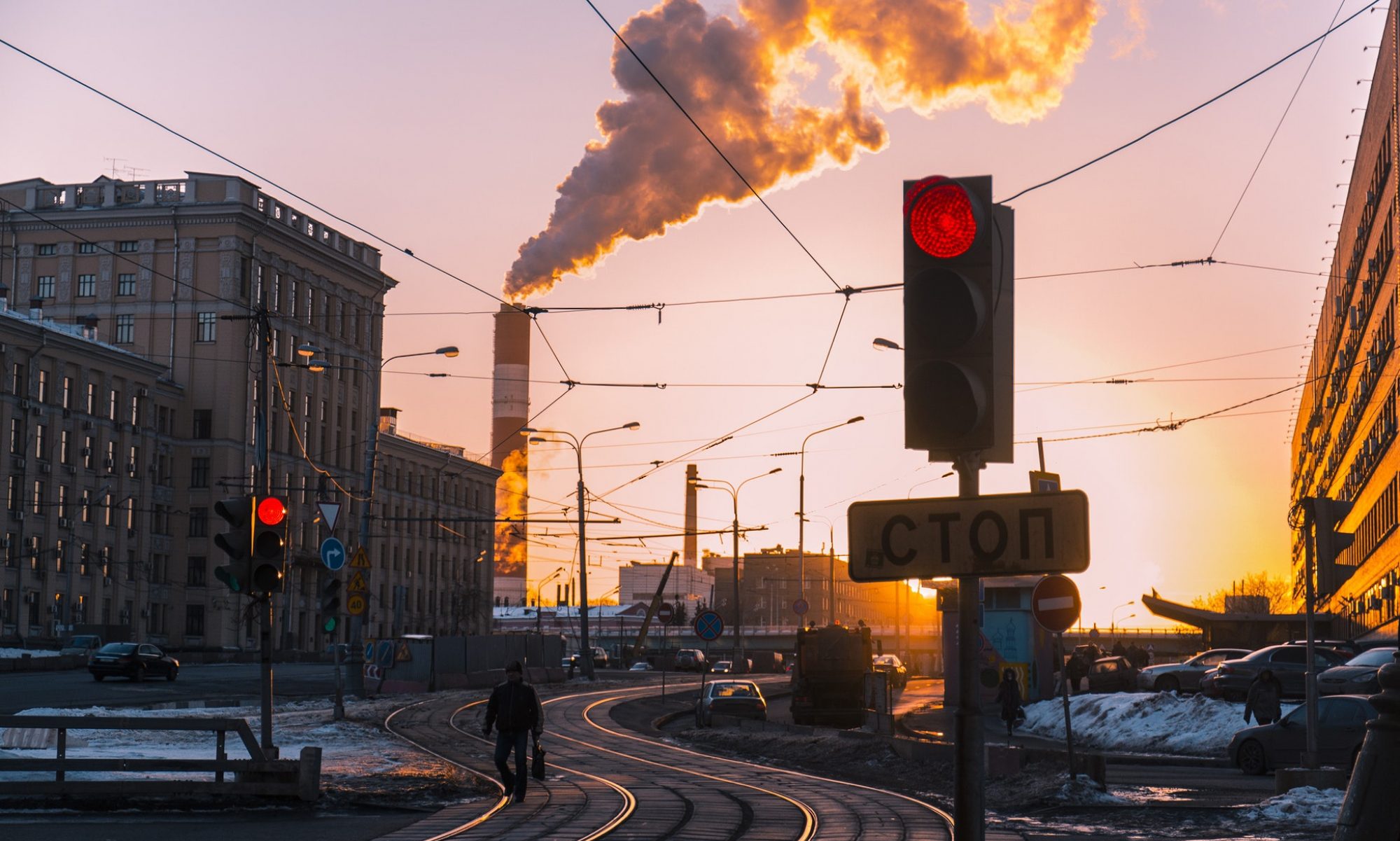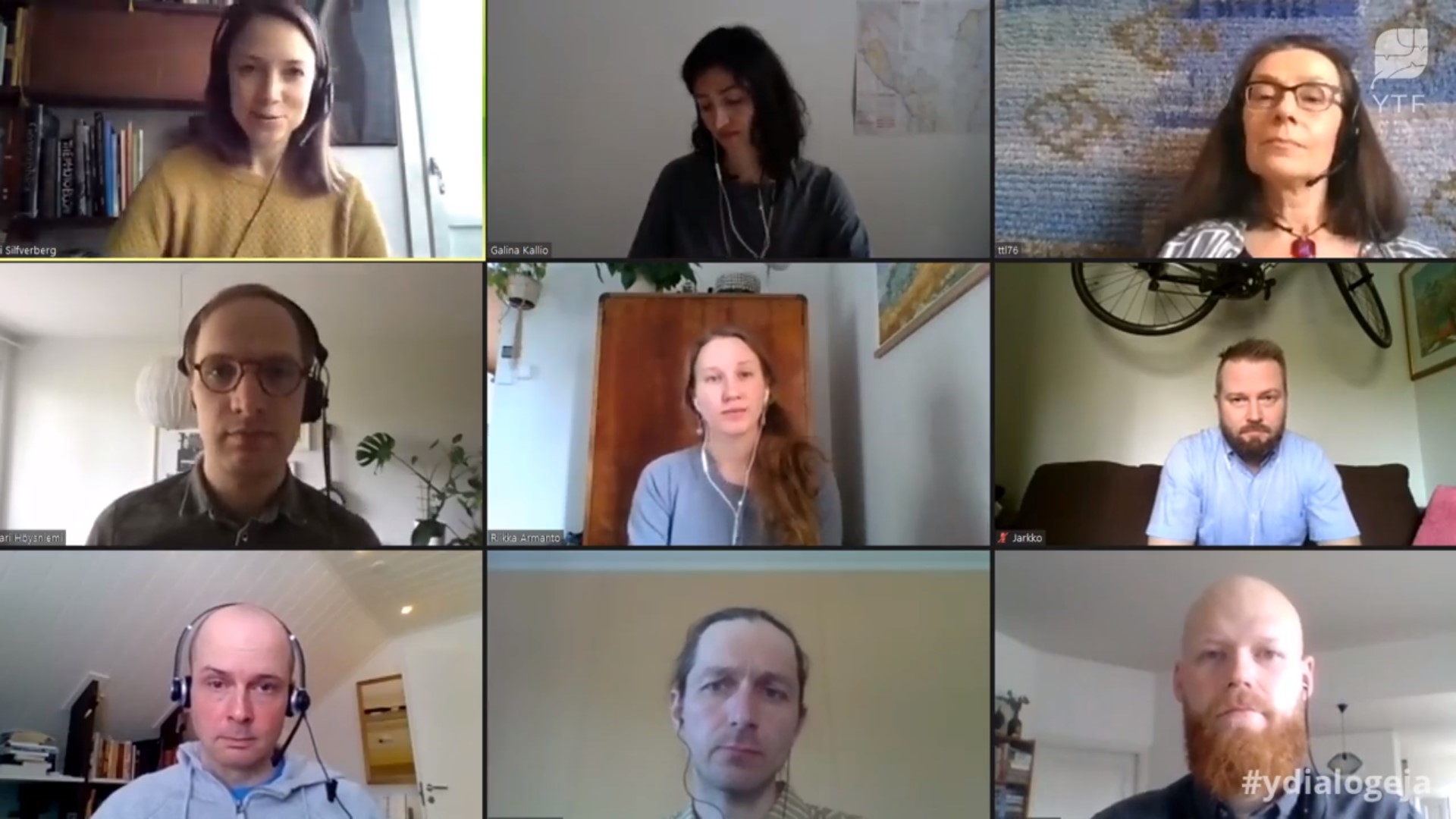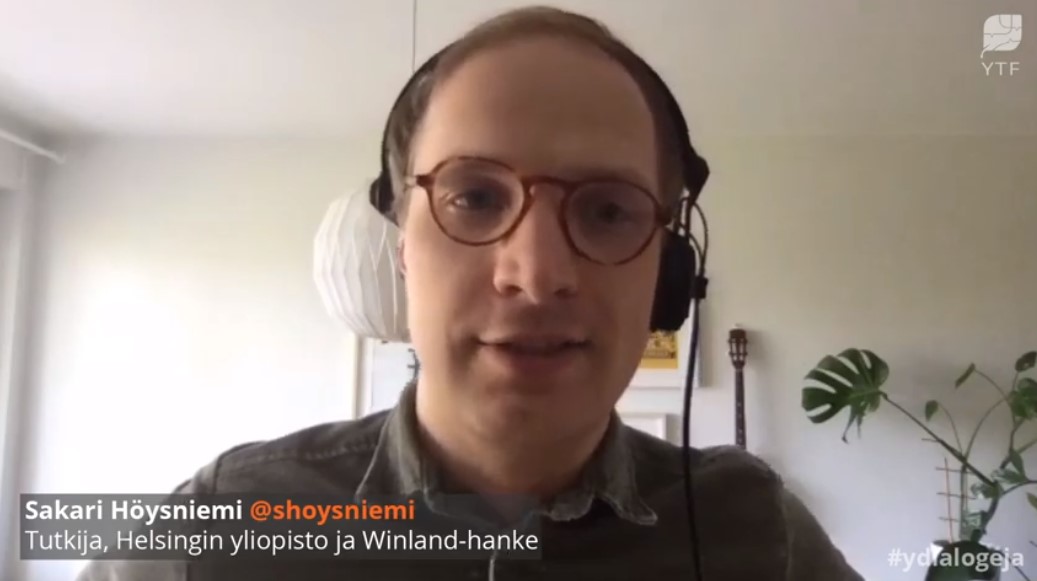A book review by Sebastian Losacker on Sanna Kopra’s book “China and great power responsibility for climate change” has been published this week in Eurasian Geography and Economics.
China is playing an increasingly important role in global politics and value chains. Against this background, it is not only the country’s power that is changing, but also its responsibility. This is particularly true for international climate policy, as China is not only the largest emitter of CO2, but an influential international player. At the same time, other nations such as the USA are currently assuming less and less responsibility. However, China continues to be an emerging economy in many areas and must reconcile this global responsibility with other goals such as poverty reduction and economic catching up. In her book China and Great Power Responsibility for Climate Change, which is based on her dissertation project, Sanna Kopra discusses the understanding of great powers and climate responsibility in the context of China’s current international climate policy engagement.
Losacker, in conclusion, states that “Altogether, Kopra manages not only to deepen the theoretical understanding of great power responsibility, she also provides important empirical insights on China’s international climate policy, marking the book as an important read for academics and policy practitioners alike“. The full version of the review can be read on the journal’s webpage.



